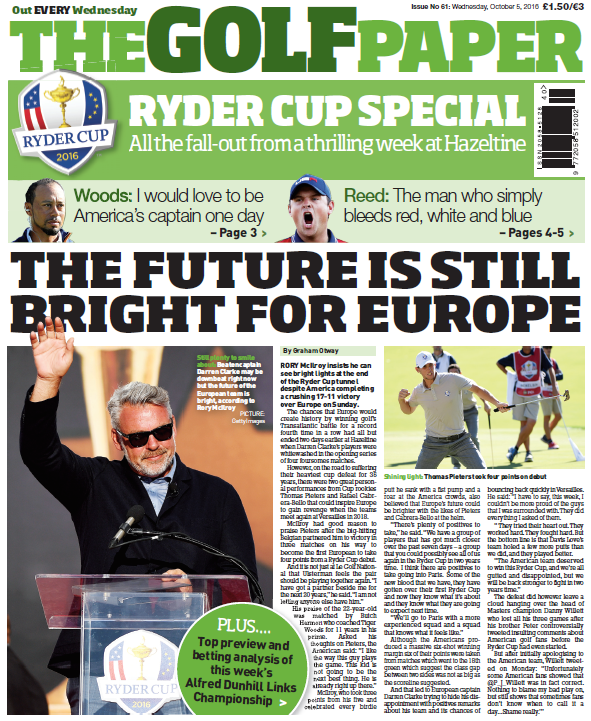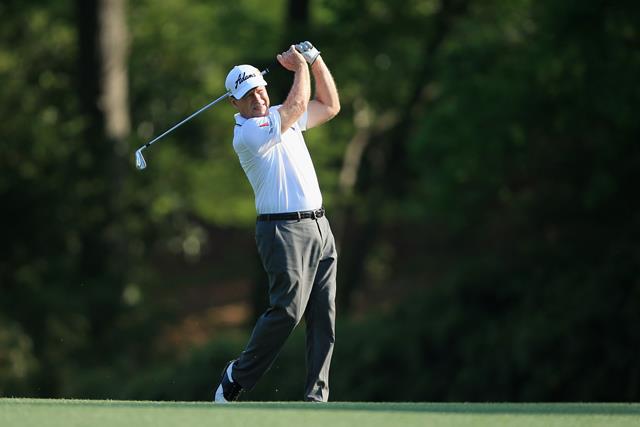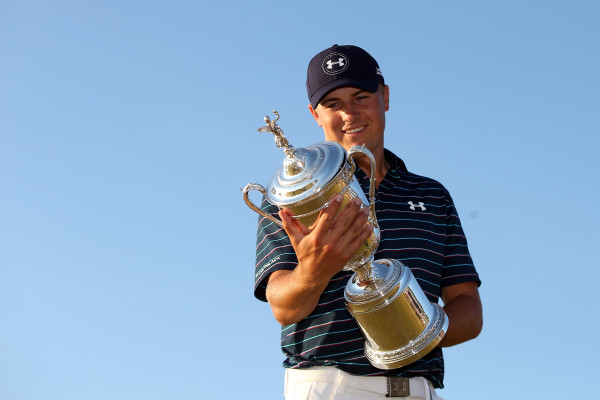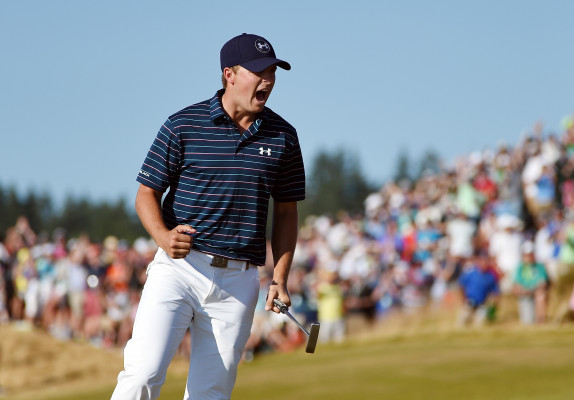In the Golf Paper
Jeremy Chapman: Tom Watson really is the miracle man
That young guy Tom Watson just keeps on doing it, right? Shooting under par in round one of The Masters at age 65, taking 1967 champion Gay Brewer’s record by two years. On a course lengthened to 7,435 yards … or around 500 more than when Brewer shot 70 there 20 years ago.
“Almost a miracle,” Watson called it. How he must have laughed to have scored lower than half of the American Ryder Cup team who perished so miserably at Gleneagles under his much-criticised captaincy.
It seemed the golden boys of America’s current crop didn’t appreciate being told they “stink”, the word Tom was alleged to have used about their pathetic foursomes performances.
OK, maybe he wasn’t the greatest captain but this Watson is some phenomenon, isn’t he? Only six years ago at Turnberry he was a last-hole par away from demolishing a far more important record when, at 59, he stood on the brink of bagging his sixth Open title. That was when harmless Stewart Cink became the baddest man on Planet Golf by killing the fairytale in extra-time.
When he was at his peak, winning that Claret Jug five years out of nine from his Open debut at Carnoustie in ‘75 to Royal Lytham in ‘83, the cry ‘Bet Watson in Scotland’ would go up. Four of the five came north of the border. He liked a wee bet and a wee dram. The Scots adored him.
After Carnoustie came Turnberry, Troon and Muirfield. I’m proud to have walked all 36 in the famed Duel In The Sun between young buck Watson and the old gunslinger Nicklaus at Turnberry in ‘77.
And I don’t even have to look up the scores for that historic shootout: Watson 65-65, Nicklaus 65-66. How’s that for a head-to head and who’ll ever forget Jack holing that 35-footer at the last that forced Tom to hole his 30-incher for birdie and the title?
Because he won five of his eight Majors here, even today you will find British golf fans who swear the little Kansan with the gap-toothed Huckleberry Finn smile and olde-worlde charm was the greatest of them all.
While that is obviously open to dispute, Tom’s longevity brooks no such argument. He’s older than Tiger and Rory combined -– and still mixing it with the best. Sadly, he said after last week’s 71: “It’s getting close, very close, to my last Masters. I’m not hurt, I’m just getting older. My game’s shortening up. I’ve lost distance and it’s happening very quickly. I just can’t do the things I once did.”
So, if you can, do go see the most effortless swing that has ever graced the game when Watson comes to St Andrews for one last time in July.
We shall never see its like again.
Talking of oldies, it was heart-warming to see old Augusta favourite Ben Crenshaw, making his final bow there, bear-hugged into retirement by the now-struggling veteran caddie Carl Jackson who’d toted the two-time champion’s bag in 39 of 44 Masters.
The grey-haired Texan had shot 85-91, two scores most England Test batsmen would kill for, but 32 over par consigned the 63-year-old to an understandable last in the 98-strong field.
At such times everyone remembers little Ben’s love of golf’s history and his Augusta heyday – he won the Green Jacket in 1984 and 1995 – but it was not always sweetness and light with Crenshaw.
His temper cost the USA at least a share of the 1987 Ryder Cup at Muirfield Village, the first time they’d ever been beaten on home turf.
Drawn to play Europe’s weakest link, that wonderful Irish character Eamonn Darcy, in singles, Crenshaw was captain Nicklaus’ banker for a point but in a fit of pique he broke his putter after six and had to hole out with sand wedge and one-iron on the remaining 12 greens.
Darcy, never previously a winner in ten matches, holed the final-green downhill six-footer that proved the turning point for Tony Jacklin’s men to win 15-13.
Move the clock forward to 1999 and Crenshaw is the winning American captain at the infamous Battle of Brookline. The US won 14.5-13.5, but it was a victory gained at the expense of sportsmanship.
And while not suggesting Crenshaw in any way whipped up the heckling crowd to such a frenzy that an embarrassed Payne Stewart felt the need to pick up Colin Montgomerie’s ball and concede their match, not-so-gentle Ben did precious little to discourage it either.
*This article was originally published in The Golf Paper on 15 April 2015
Tagged Jeremy Chapman, Ryder Cup USA, The Masters, The Open, Tom Watson









